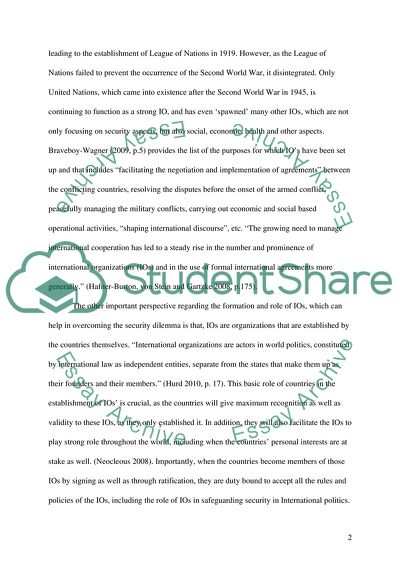Cite this document
(Can the Security Dilemma in International Politics be Overcome Essay, n.d.)
Can the Security Dilemma in International Politics be Overcome Essay. https://studentshare.org/politics/1781050-international-security
Can the Security Dilemma in International Politics be Overcome Essay. https://studentshare.org/politics/1781050-international-security
(Can the Security Dilemma in International Politics Be Overcome Essay)
Can the Security Dilemma in International Politics Be Overcome Essay. https://studentshare.org/politics/1781050-international-security.
Can the Security Dilemma in International Politics Be Overcome Essay. https://studentshare.org/politics/1781050-international-security.
“Can the Security Dilemma in International Politics Be Overcome Essay”. https://studentshare.org/politics/1781050-international-security.


